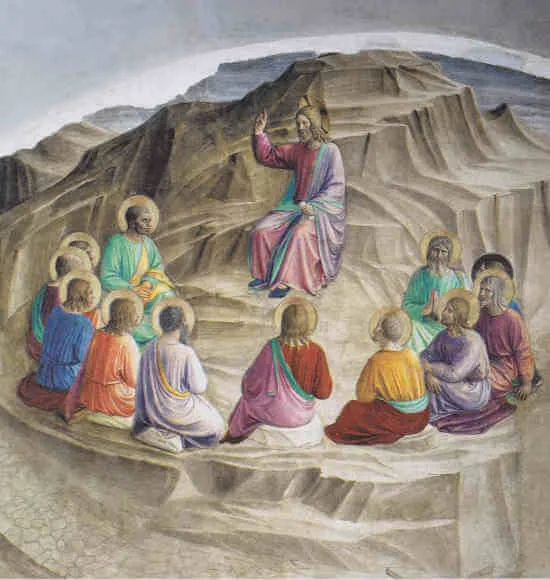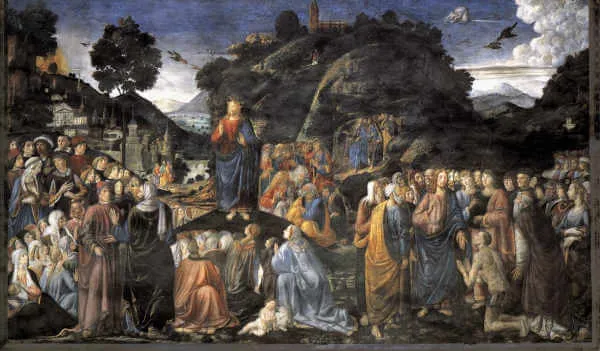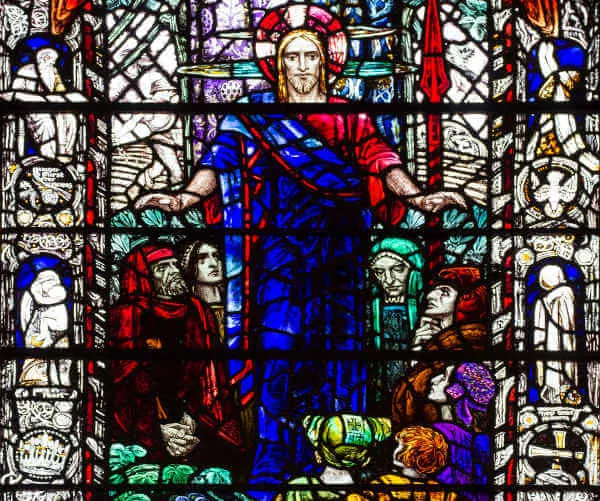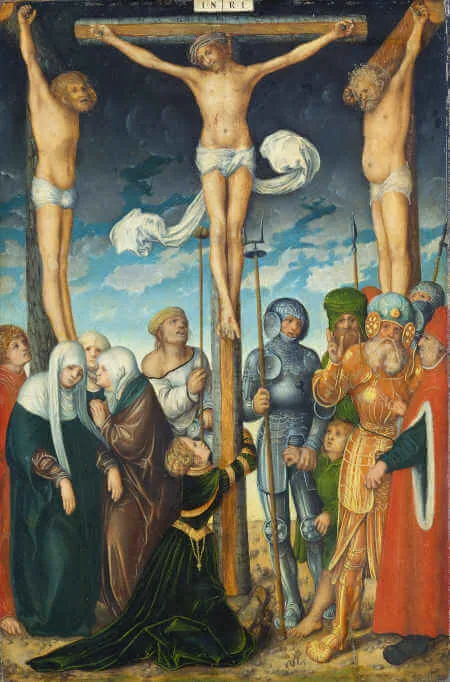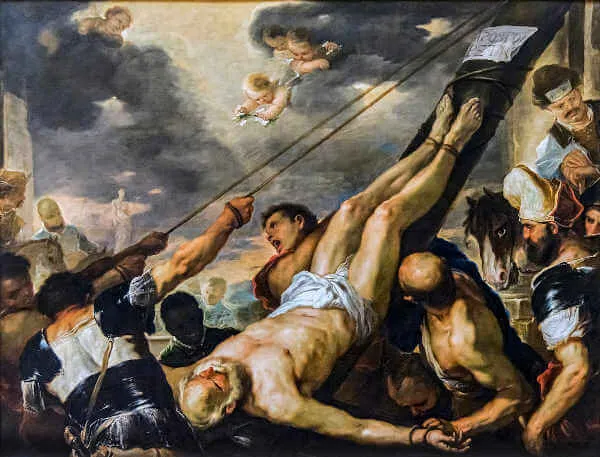Matthew 5:33-34
Daily Sincerity and Honesty
Jesus said to his disciples: “You have heard that it was said to your ancestors, Do not take a false oath, but make good to the Lord all that you vow. But I say to you, do not swear at all…”
Reflection:
The purpose of an oath was to guarantee the truthfulness of the statement made. Sometimes this can be very good. For example, many of the Sacraments involve making a public vow before God and the Church. In these cases, the vow is a form of oath that is solemnized so as to invite the grace of God to enter and strengthen it. It becomes a way of making a public witness to one’s faith and an expression of one’s need for God’s grace to be faithful to the promise that is made.
Jesus is not speaking about these forms of public vows, oaths and promises in the Gospel today. Instead, He is addressing a practice that some engaged in, whereby they regularly swore on God’s name about the truthfulness of what they were saying. The problem with this is that it takes something solemn and sacred and carelessly turns it into something ordinary. There is no need to “swear to God” about everything one says.
First of all, if one feels a need to call on God’s name regularly so as to convince another of the truthfulness of their statements, then it is most likely the case that they do so because they are struggling with dishonesty. Oath-taking on a regular basis seems to presuppose a human tendency to lie. For that reason, it is not ideal to go about one’s daily interactions with this presupposition. Instead, as Christians we must strive for a fundamental disposition of truthfulness. Jesus concludes this Gospel teaching by saying, “Let your ‘Yes’ mean ‘Yes,’ and your ‘No’ mean ‘No.’ Anything more is from the Evil One.” In other words, work to become a person of true honesty and integrity. Be sincere in all of your dealings, and do not begin with a presupposition of dishonesty. Begin with the intention of complete honesty and sincerity, and that will suffice.
Furthermore, if one were to go about their day making one oath after another, swearing on God’s name to the truthfulness every time, this would have the effect of lessening the solemnity of those few times when this is a good and holy practice. Making public vows, such as marriage vows, or public promises, such as priests make, are unique and solemn. Publicly renewing our faith within the Church, taking an oath as one begins the responsibility of some public office, or any other more solemn opportunity for oath-taking should be seen as a special occasion. Therefore, our daily commitments must simply be the fruit of our honesty and integrity as persons.
Reflect, today, upon your own daily approach to honesty and sincerity. Do you go about your day with the goal of living in the truth, speaking the truth and seeking the truth? Are you honest with others, seeking good and clear communication with them? Ponder these questions and know that interior integrity requires these virtues of honesty and sincerity. Seek that integrity and others will benefit as they grow to trust you each and every day.
Source: https://catholic-daily-reflections.com/2025/06/13/daily-sincerity-and-honesty-2/



